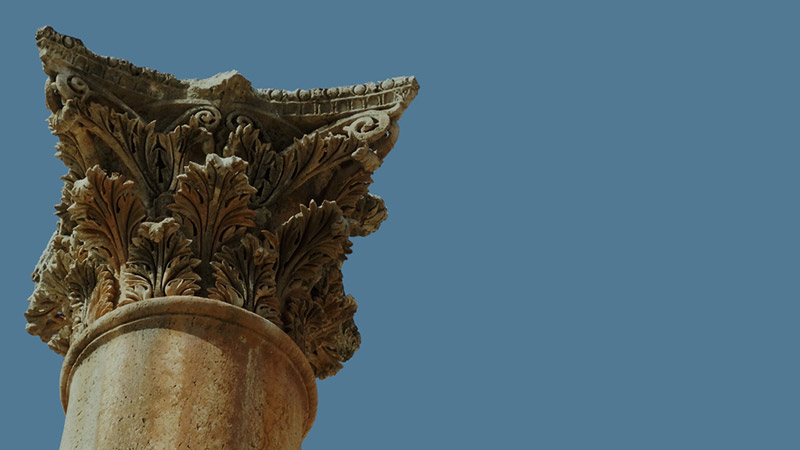Updating...
Showing 12 of 63

The Decapolis is mentioned by name only three times in the New Testament. In addition to these three instances, on at least two other occasions, Jesus visited specific locations in the largely pagan league of cities to the east of the Sea of Galil...
MORE
Throughout Bible times, the burial ritual was regarded as very important. Jesus, sharing fully in our humanity (Heb. 2:14), was given a typical, though hurried, burial. Understanding the burial customs and practices of first-century Israel can hel...
MORE
A Galilean BoatThis replica has been constructed based on the remains of a first-century boat found recently in the mud of the Sea of Galilee.It is considered to represent the type of boat the disciples used for fishing and in their travels across...
MORE
This photograph is taken from the hills north of the Sea of Galilee, looking south. The sea is nearly 13 miles long and more than seven miles wide. The area in the foreground is the northwestern corner of the sea, where most of Jesus' miracles wer...
MORE
The town of Arad is not important in the sense of great Bible events, but it does give a sense for the lives of common people during the time of Israel's monarchy. The ruins of a small temple from Hezekiah's time are significant in understanding t...
MORE
The Temple CourtsThe remains of Israel's first temple lie buried beneath the present-day Temple Mount. But at Tel Arad, a city located in the Negev, archaeologists discovered the remains of a temple modeled after Jerusalem's First Temple.Although ...
MORE
This crusher is found at Capernaum, Jesus' home-base (Matthew 4:13), near the synagogue. The local basalt "a hard, volcanic black rock" made excellent crushers and other types of grinders.Jesus frequently saw crushers and millstones like...
MORE
This view from the Old Testament city of Beth Shean shows the magnitude of the archaeological project and the glory that was Beth Shean in Jesus' time.Note the remains of a theater that seated approximately 7,000 spectators. Jesus is the only pers...
MORE
This photograph shows the remains of the caldarium (hot bath) of the public bathhouse. The floor of this room, now gone, was originally placed on the more than 200 columns seen here. The floor itself was probably a mosaic.The walls were faced with...
MORE
Gezer, Dan, Arad-these place names have little meaning for most Bible readers. But they did mean something to the writers of the Text. These places brought certain pictures and events to mind, much like the names "New York," "Hicksv...
MORE
The photograph here displays a column style used by Herod on Masada. The columns were made of sandstone pieces that were plastered to look like fluted columns. When new, they probably looked like polished limestone or even marble. In the same plac...
MORE
Decapolis means "10 cities." Though the number of cities changed from time to time, the Decapolis was a group of independent city-states that were thoroughly pagan and Hellenistic. Veterans of Alexander the Great's army founded several o...
MORE